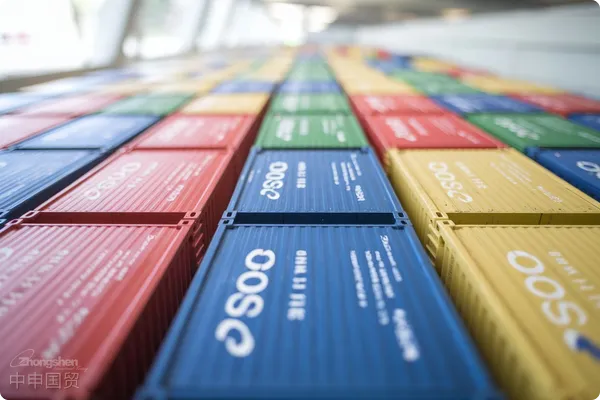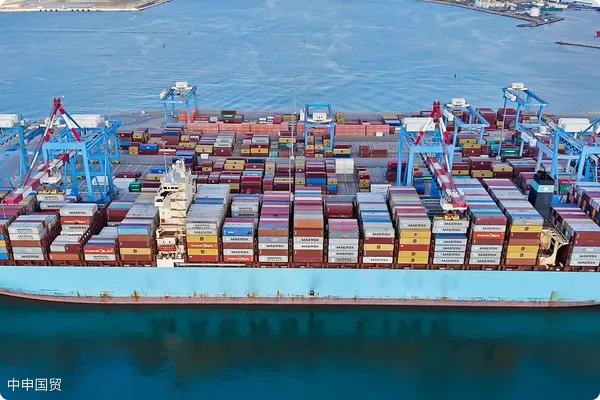- Shanghai Zhongshen International Trade Co., Ltd. - Two decades of trade agency expertise.
- Service Hotline: 139 1787 2118
As one of the high - standard markets in the world, Australia has extremely strict requirements for the compliance of imported products. Whether it is the RCM certification for electronic products, the FSANZ standards for food, or the GEMS energy efficiency certification for home appliances, if enterprises do not plan in advance, they may face risks such as customs clearance delays, fines, and even product returns. So, how can products be ensured to enter the Australian market smoothly?

I. AustraliaExport RepresentationServices
Professional export agency companies provide the following core support to enterprises:
- Market access consultation: Analyze the compliance requirements of products in Australia and develop market entry strategies;
- Regulatory Compliance Management: Ensure compliance with Australian regulations such as the Customs Act 1901 and the Export Control Act 2020;
- Logistics and Customs Clearance Coordination: Optimize transportation plans, handle customs declarations, tax calculations, and document reviews;
- Certification Agency Services: Assist in completing mandatory certifications and standard tests required for products;
- Risk Management: Address potential risks such as trade barriers, exchange rate fluctuations, and supply chain disruptions.
II. Main Types of Export Certifications in the Australian Market
Product Compliance Certification
- AQIS certification: For animal and plant products (such as meat, dairy products, wood), they need to pass the quarantine review of the Department of Agriculture and Water Resources (DAFF) of Australia.
- FSANZ Standard: Food products must comply with the safety regulations of the Food Standards Australia New Zealand.
- RCM mark: Electronic and electrical products need to meet the electromagnetic compatibility (EMC) requirements of the Radio Communications Act.
Industry - specific Certification
- Organic Product Certification (NASAA): Certified by the National Association for Sustainable Agriculture Australia, applicable to organic agricultural products;
- TGA registration: Medical devices and drugs need to be approved by the Therapeutic Goods Administration of Australia;
- Wine Australia: Wine exports need to obtain origin identification and compliance certificates for the production process.
Origin and Quality Certification
- It is recommended to verify through the following methods:Certificate of Origin (COO): Used to enjoy tariff preferences under the China - Australia Free Trade Agreement (ChAFTA);
- Australian Made Certification: Prove that the local components of the product meet the Made in Australia standard;
- ISO Certification: International standardization system certifications (such as ISO 9001) can enhance the market trust of products.
Environmental Protection and Safety Certification
- FSC Certification: Wood products need to meet the sustainable harvesting standards of the Forest Stewardship Council;
- GEMS energy efficiency certification: Home appliances need to meet the energy efficiency level requirements of the Greenhouse and Energy Minimum Standards Act.
III. Key Considerations for Choosing Export Agency Services
- Localization Experience: Give priority to agencies familiar with the trade policies of various Australian states;
- Efficiency of Certification ProcessingConfirm the cooperative relationship between the agent and Australian official certification institutions (such as NATA - accredited laboratories);
- Full - chain service capabilitiesCover a one - stop solution from document preparation, certification application to warehousing and distribution;
- Data TransparencyProvide real - time tracking systems and compliance document backup services.
IV. Frequently Asked Questions
Yes, for example, dairy products need to apply for an export license from DAFF and be accompanied by a third - party test report.
It is recommended to apply according to the needs of target customers (for example, Australian retailers often require ISO certification as a procurement threshold).
Conclusion
The Australian market presents both opportunities and challenges. Compliance certification, customs clearance procedures, and tax management are all essential. Through professional export agents (such asZhongShen International Trade), enterprises can efficiently complete the certification process, optimize customs clearance plans, and reduce market access costs. It is recommended that export enterprises plan for certification 3 - 6 months in advance. If a customized export plan is needed, please contact our professional team for one - on - one consulting services.
Related Recommendations
? 2025. All Rights Reserved. Shanghai ICP No. 2023007705-2  PSB Record: Shanghai No.31011502009912
PSB Record: Shanghai No.31011502009912












